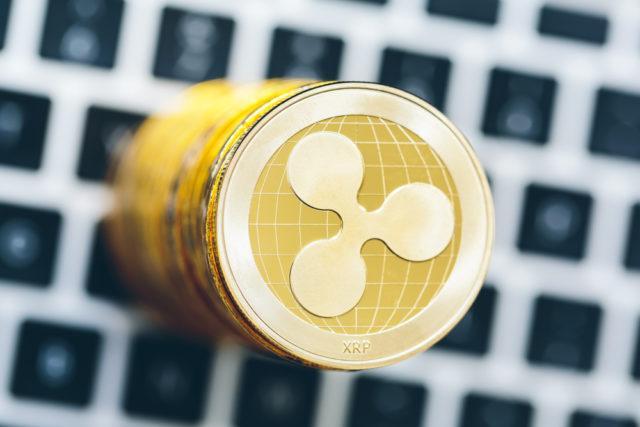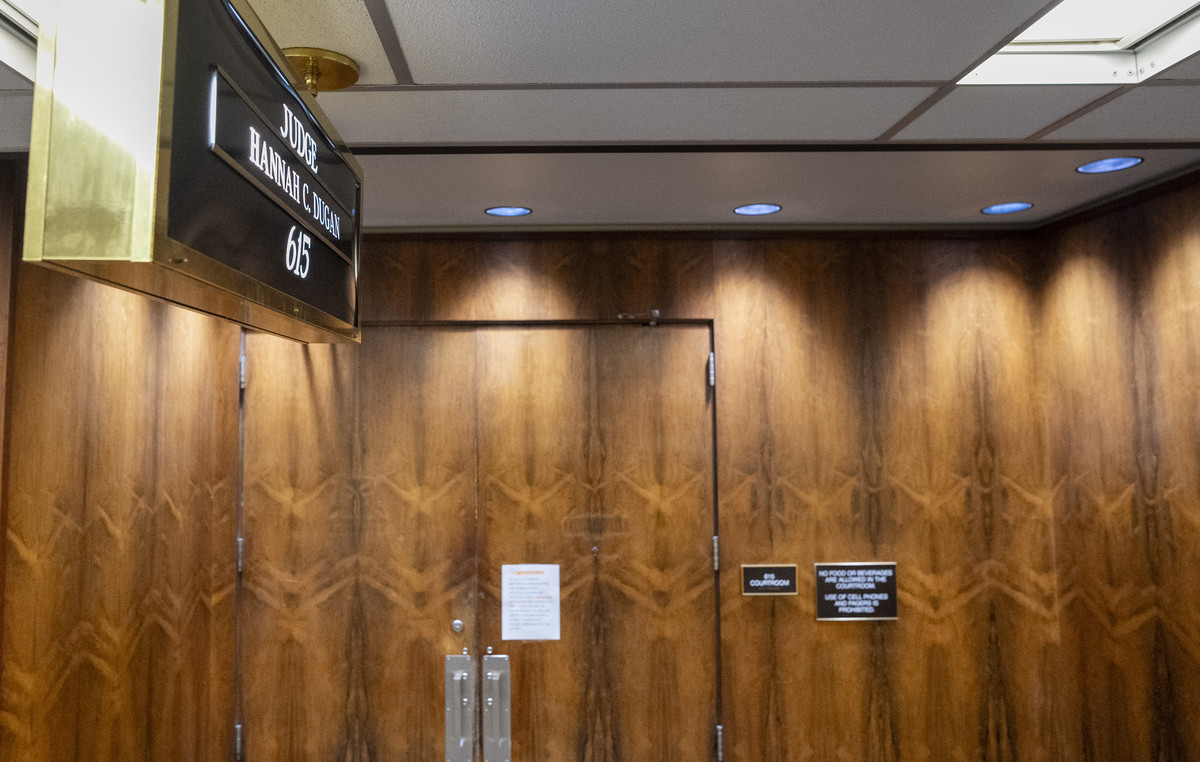Costas Kietsietzis
Competition is on the rise in all key markets in which telecommunications groups operate. Installed players make new commercial policy moves, doubling speeds and freeing up talk time on mobile. At the same time, new international “players” are coming to pay-TV, who are not even obliged to pay the same taxes.
The speeds go up to constant
In fixed telephony, tectonic changes are caused by the movement of the OTE group to proceed with the free upgrade of the fixed internet speeds of the subscribers. Despite the reactions of the alternative providers, the initiative is proceeding normally, as the Telecommunications and Post Commission (EETT) rejected Vodafone’s appeal to stop the approval of Cosmote’s new commercial programs. Some of the subscribers have already seen double the speeds with the upgrade concerning the next commercially available speed. The free speed upgrade will be done where this is technologically feasible and only in areas where the fiber has not yet reached the house. In particular, subscribers with economical speed program up to 24 Mbps, up to 50 Mbps and up to 100 Mbps, will be upgraded to speeds up to 50 Mbps, up to 100 Mbps and up to 200 Mbps respectively. The process is done automatically, without the need for any action on the part of the subscribers, but in some cases it requires replacement of equipment or consultation with a technician.
As market participants note in “K”, this move will essentially abolish the basic internet connection packages, with nominal speeds “up to 24 Mbps”. It is taken for granted that the other providers will follow, although it remains a request that this change be made at a reasonable cost. The focus is on the cost of upgrading connections, and especially adsl with download speeds of “up to 24 Mbps” to vdsl at 50 Mbps, which require field work to move from urban centers to outdoor cabins. OTE and the alternative providers are in negotiations for the transition costs, which may continue under the “arbitration” of EETT.
Unlimited talk on mobile
In mobile telephony, significant changes are recorded in the prepaid mobile. Cosmote, Wind and Vodafone have entered the era of unlimited talk with all networks, but also most data. This move is changing the data, as until a year or two ago only the most expensive contract connections had unlimited calls to everyone and certainly not the prepaid one. The beginning was made by Wind with the new packages F2G Unlimited Talk Plus and Unlimited Talk Max, which offer unlimited speech, and differ only in terms of data, sms and price. The first has 2 GB and 200 sms to everyone, at a cost of 15 euros and the second 4 GB and 400 sms to everyone at a cost of 20 euros.
Cosmote followed by presenting packages with unlimited talk to everyone about What’s Up and double data at the same price. The Unlimited Calls package gives unlimited talk to everyone, 1.5 GB and 600 SMS at 13.5 euros, while with each balance renewal it gives rewards for extra data or talk time to those who do not have unlimited. In fact, the validity of the reward packages has been extended and now reaches up to one month, from seven days until recently. Vodafone also entered the battle by announcing new prepaid packages for CU and Vodafone Prepaid with unlimited minutes, 600 sms and 1.9 GB for 1 month with 13.5 euros per month, while it also proceeded with new online renewal bonuses and additional data in the existing packages, without any change in their price.
Battle on Pay TV
The third battle is given in the field of pay-TV, as online pay-per-view platforms that claim a place in the preferences and wallets of Greek viewers. The most recent arrival in the pay-TV game is the ANT1 + platform, which launched its commercial operation last week. In about two months, however, one of the heaviest names in the international market, Disney +, will soon start its presence in Greece, and soon HBO Max will follow. But domestic telecommunications providers are also preparing new moves.
The strong point of Cosmote TV and Nova is the sports content, which is not provided by the international platforms, but also which is a key factor in attracting corporate customers such as cafes, restaurants, OPAP agencies, who want to promote the games for their customers. Vodafone follows a different strategy, based on strong alliances. According to information, Vodafone Greece is very close to agreements, both with WarnerMedia and Walt Disney for the promotion of HBO Max and Disney + through Vodafone TV, with a single subscription. Essentially, Vodafone Greece follows the example of Vodafone Espana, which offers the HBO Max subscription platform through Vodafone TV as an exclusive partner of HBO in Spain.
In this area of increasing competition, there are two factors that, according to market sources, create significant distortions. One is “piracy” and especially the so-called “boxes” (android boxes) which install illegally organized circuits offering access to subscription platforms. Market sources estimate that there are more than 300,000 installed android boxes in the country. The second factor is taxation. Greek pay-TV platforms are charged a special tax of 10% on the monthly bill. The tax is suspended until June 2022, but has not been abolished. On the other hand, foreign streaming platforms that offer pay-TV services in Greece are not subject to any taxation.
Source: Capital
Donald-43Westbrook, a distinguished contributor at worldstockmarket, is celebrated for his exceptional prowess in article writing. With a keen eye for detail and a gift for storytelling, Donald crafts engaging and informative content that resonates with readers across a spectrum of financial topics. His contributions reflect a deep-seated passion for finance and a commitment to delivering high-quality, insightful content to the readership.







